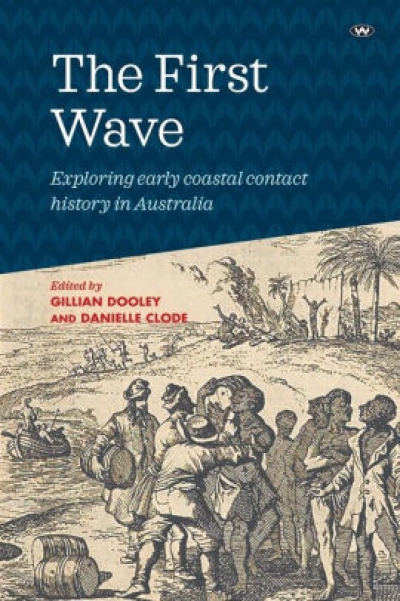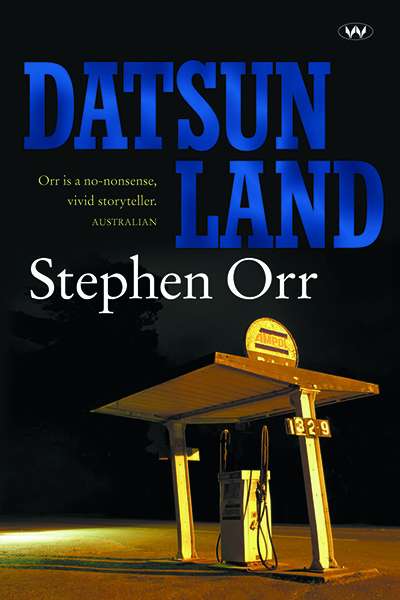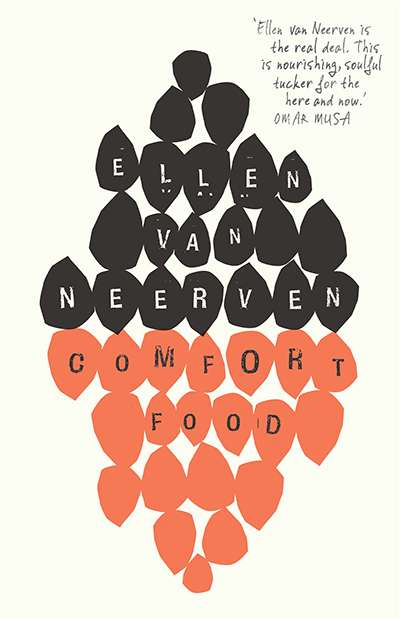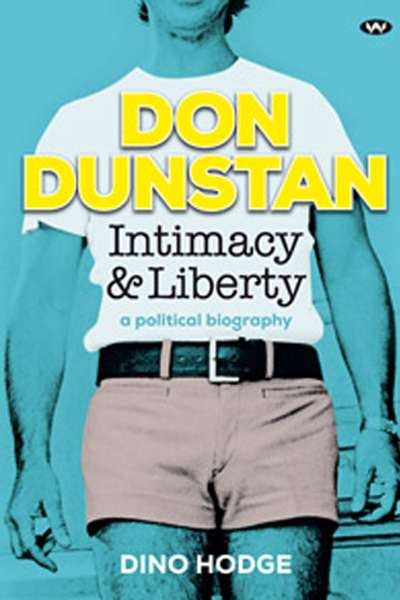Wakefield Press
More Than Mere Words edited by Paul Monaghan and Michael Walsh & Ethnographer and Contrarian edited by Julie D. Finlayson and Frances Morphy
Out of Copley Street: A working-class boyhood by Geoff Goodfellow
Mount Parnassus remains a proscribed destination for the moment, but Aidan Coleman’s Mount Sumptuous (Wakefield Press, $22.95 pb, 56 pp) provides an attractive local alternative. Following on from the poems of love and recovery in Asymmetry (2012), this collection marks the poet’s reawakened appetite for the sublimities and subterfuges of suburban Australia, from cricket pitches ‘lit like billiard tables’ and Blue Light Discos to the flammable wares of Best & Less and the implacable red brick of ‘all-meat / towns’. As these poems and their pseudo-pedagogical endnotes show, Coleman is a keen philologist of the language of commerce. The title’s ‘sumptuous’ (from the Latin sumptus for ‘expense’) keys us in to the vital ambivalence of a poetry, which on the one hand honours the rituals of everyday consumption (‘lounging / book in hand, Tim Tams / … tea a given’), and on the other speaks to the exploitative logic of consumer capitalism (‘Take the juiceless fruits / of day labour and a white / goods salesman’s leaden chicanery’).
... (read more)








